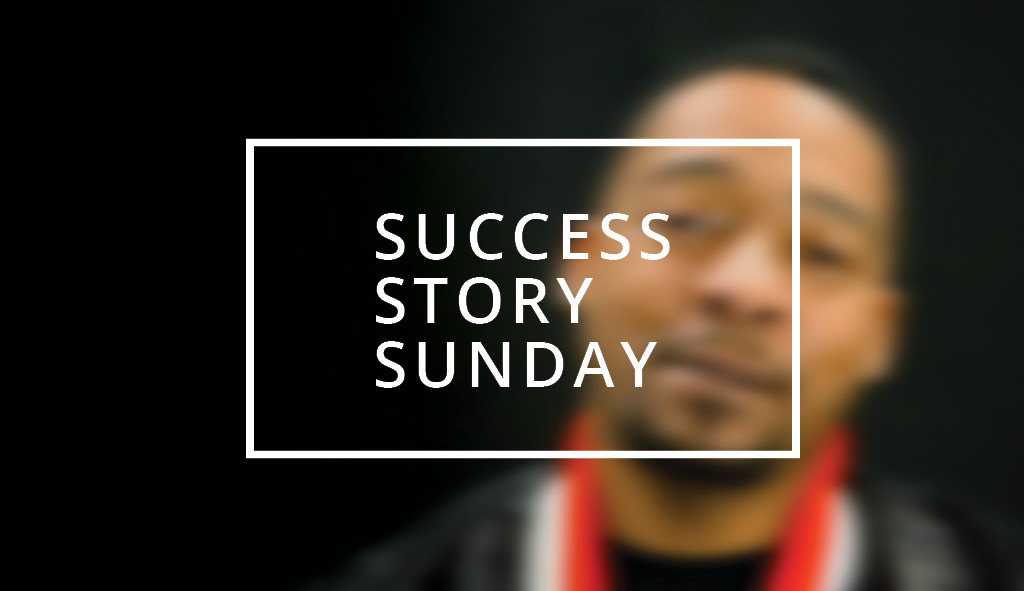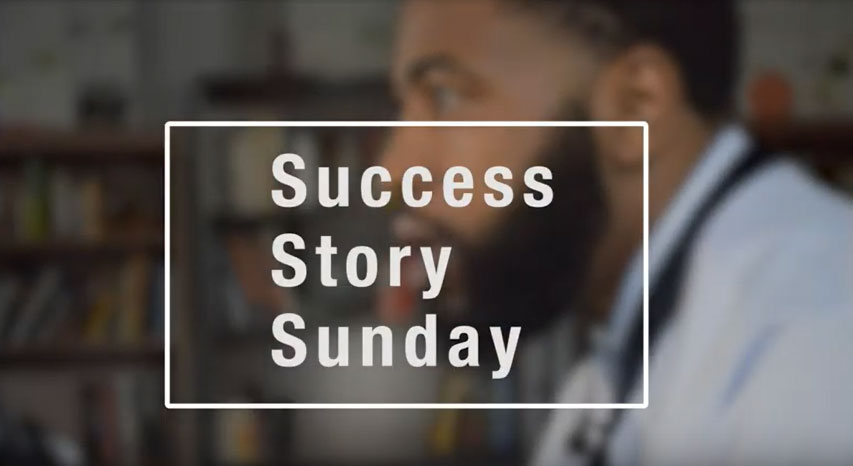Kenneth Baldwin spent nearly three decades in the grips of an addiction that began at age 13. He turned to drugs as a means of dealing with the responsibility he felt for his parents’ divorce and escaping an abusive stepfather.
According to the Centers for Disease Control and Prevention, childhood experiences have a significant impact on health and opportunity throughout the course of a person’s life. Adverse childhood experiences (ACEs), in particular, have been linked to substance abuse as well as an increased likelihood of experiencing violence as a victim or perpetrator. ACEs include physical, sexual, or emotional abuse; physical or emotional neglect; witnessing domestic violence committed against a parent; and divorce. The Substance Abuse and Mental Health Services Administration reports that ACEs are linked to an increased likelihood of early initiation into substance abuse.
For some individuals, like Baldwin, substance use issues can lead to involvement in the criminal justice system. The Court Services and Offender Supervision Agency’s Re-entry and Sanctions Center (RSC) is a holistic and multidisciplinary residential facility that provides intensive assessments and reintegration programming for high-risk individuals with extensive substance use and co-occurring mental health histories who are under the supervision of CSOSA or the Pretrial Services Agency. Those referred to the RSC receive a complete physical and psychological evaluation, counseling, treatment readiness, diagnostic, and referral services to other treatment facilities. The cognitive behavioral interventions offered at the RSC focus on treatment readiness and motivation.
CSOSA’s Faith and Community Based Mentoring Partnership (FCBMP) matches people under supervision with mentors from faith-based institutions and the community, who can provide prosocial support and guidance. The FCBMP also refers offenders to various resources to address their identified needs, thereby fostering an environment conducive to their successful completion of supervision. In years past, CSOSA has recognized mentors and mentees, like Baldwin, who have committed an exceptional amount of time or energy to their mentoring relationship over the course of the preceding year.
CSOSA’s community supervision officers use evidence-based strategies, such as cognitive behavioral interventions, to change the thinking, behavior, and attitudes of those under supervision. CSOSA partners with District and federal agencies, community-based organizations, and faith institutions to connect the justice-involved individuals under our supervision with resources to facilitate their success under supervision and in the community.
Watch the video to learn how these CSOSA programs played a role in Baldwin’s evolution. You can read more about Baldwin’s life in Recovery: “I Found I Had a Purpose,” a profile that appeared in the Winter 2018 issue of CatholicU Magazine.






